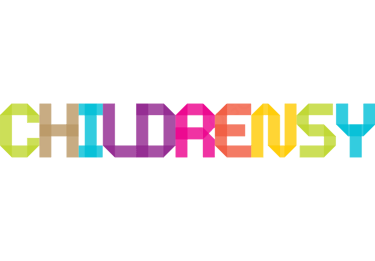The Benefits of Music Education for Young Children
Kylo B
5/10/2024
The Benefits of Music Education for Young Children
Music education plays a vital role in early childhood development, offering a myriad of cognitive, social, emotional, and physical benefits for young learners.
Engaging in music activities and exposure to musical experiences contribute to holistic growth and promote various skills essential for academic success and overall well-being.
In this article, we'll explore the significant benefits of music education for young children and highlight the importance of incorporating music into early childhood learning environments.
Cognitive Benefits of Music Education
Enhances Brain Development:
Music education stimulates neural pathways in the brain associated with language development, spatial reasoning, and executive function.
Playing instruments and listening to music improve memory, attention, and cognitive processing skills.
Improves Academic Performance:
Children exposed to music education demonstrate improved academic performance, particularly in mathematics, reading, and language arts.
Music learning enhances literacy skills and supports the development of abstract thinking and problem-solving abilities.
Social & Emotional Benefits of Music Education
Promotes Social Interaction:
Group music activities (e.g., singing in a choir, playing in an ensemble) foster collaboration, cooperation, and teamwork.
Children learn to communicate effectively, share responsibilities, and develop empathy through musical interactions.
Builds Emotional Regulation & Expression:
Music provides a medium for emotional expression and self-regulation, helping children manage emotions and reduce stress.
Playing instruments and singing allow children to convey emotions nonverbally and connect with others on an emotional level.
Physical & Motor Skills Development Through Music
Refines Motor Coordination:
Playing musical instruments requires fine motor skills and hand-eye coordination, improving dexterity and precision.
Dancing and rhythmic movements to music enhance gross motor skills and physical fitness.
Encourages Sensory Integration:
Music stimulates sensory perception and integration, promoting auditory processing and sensory-motor development.
Exposure to different musical styles and textures supports sensory exploration and appreciation.
Creative & Expressive Benefits of Music Education
Fosters Creativity & Imagination:
Music education nurtures creativity by encouraging improvisation, composition, and experimentation with sound.
Children explore diverse musical genres and styles, expanding their musical repertoire and creative expression.
Cultivates Cultural Awareness:
Learning about music from various cultures exposes children to global diversity and fosters cultural appreciation and respect.
Musical experiences promote cultural literacy and broaden children's perspectives of the world.
Practical Tips for Incorporating Music in Early Childhood Education
Sing & Play Musical Games:
Integrate singing, chanting, and rhythmic games into daily routines to engage children in musical experiences.
Use nursery rhymes, fingerplays, and action songs to enhance language development and phonemic awareness.
Explore Instruments & Sound Exploration:
Provide access to age-appropriate musical instruments (e.g., percussion instruments, xylophones) for hands-on exploration and experimentation.
Encourage children to create their own musical compositions and participate in group musical activities.
Integrate Music Across Curriculum Areas:
Incorporate music into other subject areas (e.g., math, science, literacy) through cross-curricular activities and interdisciplinary projects.
Use music as a tool for teaching concepts such as patterns, sequencing, and storytelling.
Music education offers a wealth of benefits for young children's development, nurturing cognitive, social, emotional, and physical growth.
By engaging in musical activities, children develop essential skills and competencies that support academic achievement, social interaction, and creative expression. Embrace the transformative power of music in early childhood education, and provide children with enriching musical experiences that cultivate a lifelong appreciation for music and promote holistic development.
Encourage parents, educators, and caregivers to prioritize music education as a cornerstone of early childhood learning, fostering joy, creativity, and personal growth through the universal language of music.

